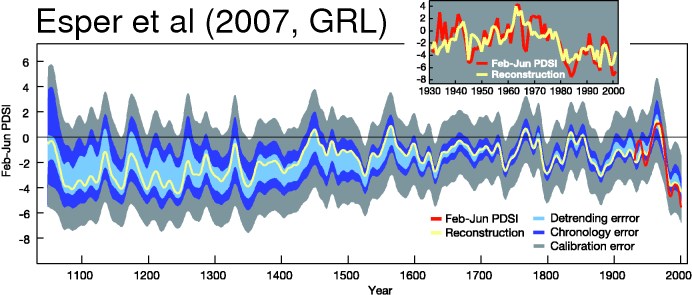An excerpt from a study just-released:
One of the greatest paradoxes in the field of time psychology is the time–emotion paradox. Over the last few decades, an increasing volume of data has been identified demonstrating the accuracy with which humans are able to estimate time. Confronted with this amazing ability, psychologists have supposed that humans, as other animals, possess a specific mechanism that allows them to measure time...Droit-Volet, Gil (July 2009) "The Time-Emotion Paradox". Philos Trans R Soc Lond B Biol Sci. 2009 Jul 12;364(1525):1943-53.
However, under the influence of emotions, humans can be extremely inaccurate in their time judgements (Droit-Volet & Meck 2007). For example, the passage of time seems to vary depending on whether the subject is in an unpleasant or pleasant context. It drags when being criticized by the boss but flies by when discussing with our friends. That is the time–emotion paradox: why given that we possess a sophisticated time measurement mechanism, are we so inaccurate in our temporal judgements when experiencing emotions?
Labels: ciencia
 En un brillante post, en RealClimate ("Climate Science from Climate Scientists") han hecho un cálculo sobre si el cambio climático está detrás de las sequías que han asolado el pasado verano la costa mediterránea, provocando incendios en Grecia, cortes de agua en toda Turquía, y precipitaciones un 50% inferiores en varios países, incluido Marruecos.
En un brillante post, en RealClimate ("Climate Science from Climate Scientists") han hecho un cálculo sobre si el cambio climático está detrás de las sequías que han asolado el pasado verano la costa mediterránea, provocando incendios en Grecia, cortes de agua en toda Turquía, y precipitaciones un 50% inferiores en varios países, incluido Marruecos.La explicación a descartar en su estudio es que se deba a otras causas (malas prácticas agrícolas, por ejemplo, o un año excepcionalmente seco).
Sus resultados son bastante deprimentes. En menos de 20 años, el sur de Europa y toda la vertiente mediterránea se desertificará, por pequeñas variaciones en la Oscilación Noratlántica ("el anticiclón de las Azores"). El Calentamiento Global de origen humano está detrás de esa variación, y la evidencia empírica que muestran es decisiva: no se trata de una tendencia cíclica, sino de constante calentamiento y sequedad en nuestra región.

Labels: ciencia


